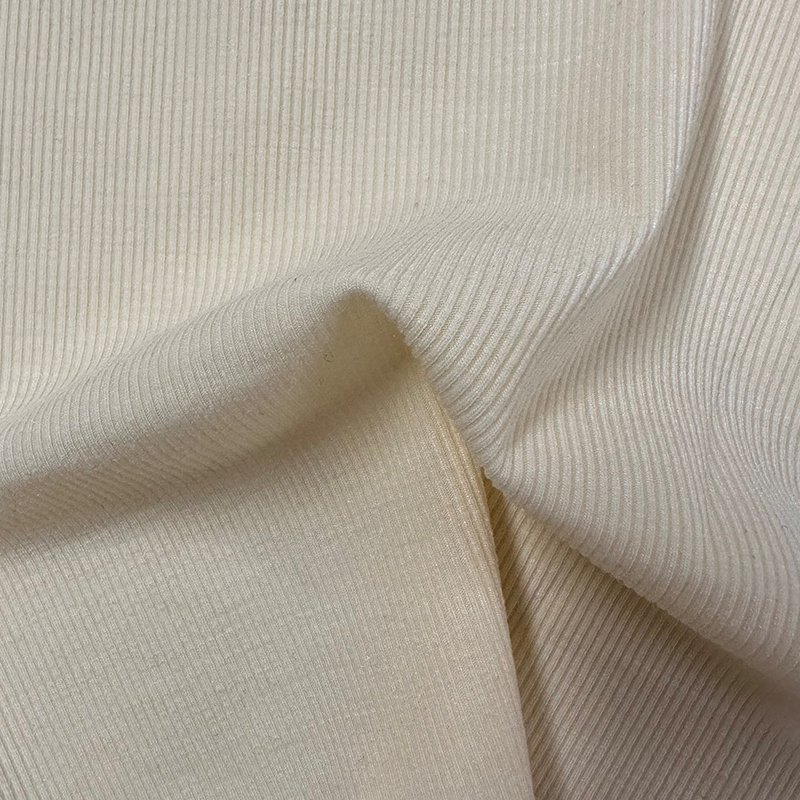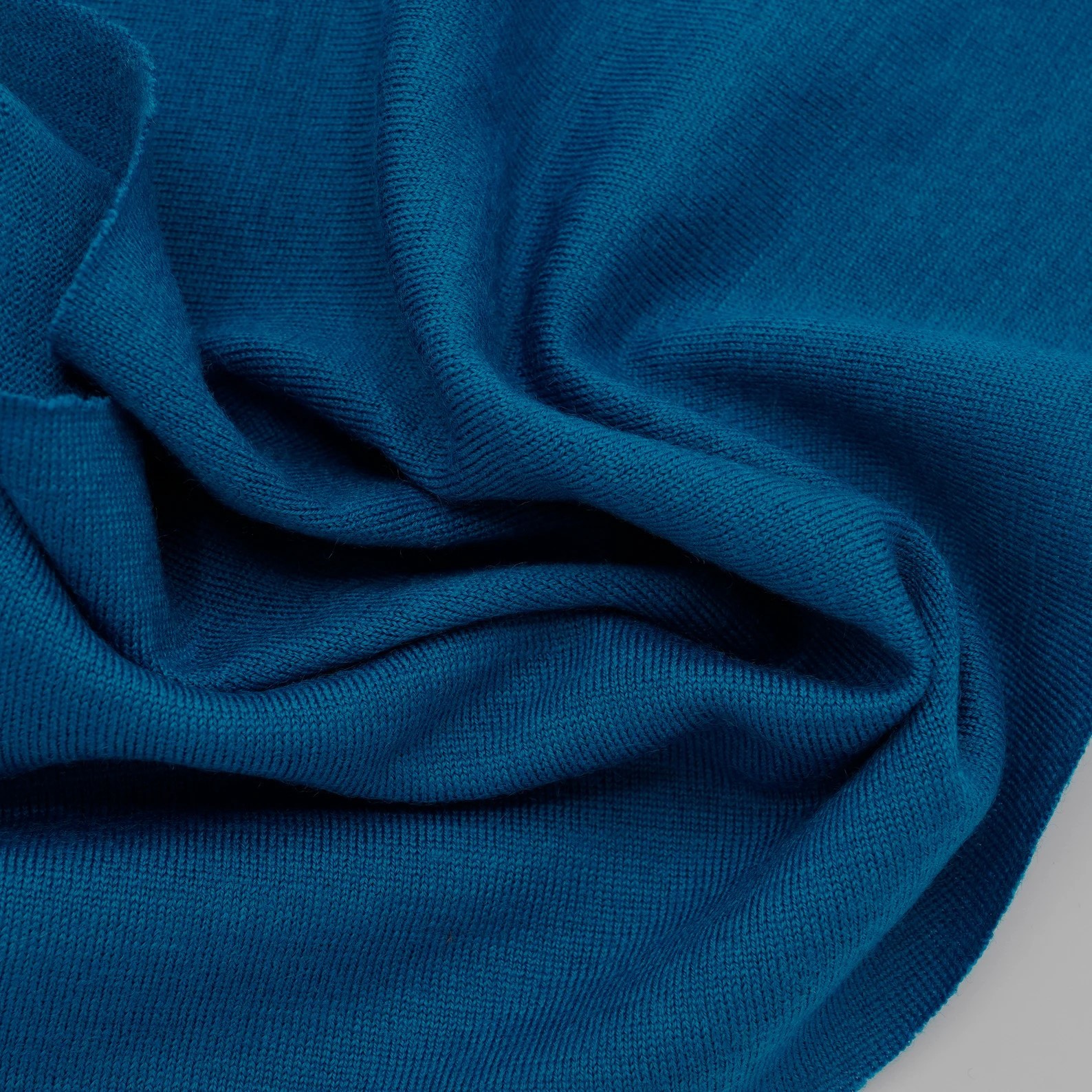 Esperanto
Esperanto
 Shqiptare
Shqiptare
 Euskara
Euskara
 Zulu
Zulu
 Latinus
Latinus
 Cymraeg
Cymraeg
 தமிழ்
தமிழ்
 Slovak
Slovak
 Slovak
Slovak
 Afrikaans
Afrikaans
Why Choose Organic Fabrics for Your Clothing Needs? A Comprehensive Guide
Release time:
2025-05-05
Source:
Why Choose Organic Fabrics for Your Clothing Needs?
When it comes to selecting the right material for your clothing, the choice between conventional and organic fabrics may seem trivial. However, opting for organic fabrics can significantly impact your health, the environment, and the quality of your wardrobe. This article delves into the myriad reasons for choosing organic fabrics, particularly focusing on wool fabrics and other woolen textiles.
Understanding Organic Fabrics: What Are They?
Organic fabrics are produced from fibers cultivated without the use of synthetic pesticides, fertilizers, or genetically modified organisms (GMOs). The organic farming methods emphasize environmental sustainability, emphasizing natural processes and biodiversity. When it comes to wool, organic wool is derived from sheep that are raised in a manner that upholds the values of organic farming, ensuring the animals are healthy, treated humanely, and the land is preserved.
The Benefits of Choosing Organic Fabrics
Organic fabrics offer a multitude of benefits that extend beyond aesthetics. Here are some compelling reasons to consider them for your clothing needs:
1. Environmental Sustainability
One of the most significant advantages of organic fabrics is their positive impact on the environment. Conventional textile production often involves harmful chemicals that can pollute waterways, harm wildlife, and deplete soil health. In contrast, organic farming practices reduce chemical runoff, enhance biodiversity, and promote healthier ecosystems.
2. Health Benefits for You and Your Family
Choosing organic fabrics also means exposing yourself and your loved ones to fewer harmful chemicals. Many conventional fabrics are treated with toxic substances that can lead to skin irritations and allergies. By selecting organic textiles, you minimize the risk of these adverse health effects, providing a safer option for both children and adults.
3. Superior Quality and Comfort
Organic fabrics, especially organic wool, are often superior in terms of quality and comfort. The fibers are typically softer, more breathable, and more durable than their conventional counterparts. This means that clothing made from organic fabrics can offer a better fit, more comfort, and a longer lifespan—making it a wise investment for your wardrobe.
4. Supporting Ethical Practices and Fair Trade
Opting for organic fabrics often means supporting brands and businesses that prioritize fair trade and ethical labor practices. Many organic textile producers are committed to ensuring that their workers are paid fair wages and work in safe conditions. By choosing organic, you contribute to a more equitable and just global economy.
The Impact of Organic Wool on Clothing Choices
When discussing organic fabrics, it is essential to highlight the role of organic wool. Wool is a natural, renewable fiber that has unique properties that make it an excellent choice for clothing.
1. Natural Insulation and Temperature Regulation
Organic wool possesses natural insulating properties, keeping you warm in the winter and cool in the summer. This is due to the fiber's ability to trap air, creating a barrier against temperature fluctuations. Choosing organic wool ensures you benefit from these natural properties without the added chemicals found in conventional wool.
2. Moisture-Wicking Capabilities
One of the standout features of wool is its moisture-wicking ability. Organic wool can absorb moisture away from the skin, allowing it to evaporate rather than clinging to the body. This makes organic wool garments ideal for activewear as well as everyday clothing, providing comfort and reducing the risk of odor.
3. Biodegradability and Eco-Friendliness
Unlike synthetic fibers, organic wool is biodegradable, meaning it will naturally decompose without leaving harmful residues in the environment. This makes it a much more eco-friendly option for those mindful of their ecological footprint.
4. Versatility in Style and Function
Organic wool is highly versatile, making it suitable for various clothing styles, from casual wear to formal attire. Its flexibility allows designers to create beautiful, fashionable pieces without sacrificing comfort or sustainability.
How to Identify High-Quality Organic Fabrics
With the increasing popularity of organic fabrics, knowing how to identify genuine organic textiles is crucial. Look for the following factors:
1. Certifications Matter
When shopping for organic fabrics, always check for certifications from recognized organizations, such as the Global Organic Textile Standard (GOTS) or the Organic Content Standard (OCS). These certifications ensure the fabric meets strict environmental and social criteria throughout its production process.
2. Transparency from Brands
Reputable brands will be transparent about their production processes. They should provide information on their sourcing, manufacturing methods, and the certifications their products hold. This transparency helps you make informed decisions about your purchases.
3. Feel and Quality
High-quality organic fabrics often feel softer and more luxurious than their conventional counterparts. Pay attention to the texture, weight, and overall finish of the fabric to gauge its quality.
Frequently Asked Questions About Organic Fabrics
1. Are organic fabrics more expensive than conventional fabrics?
Yes, organic fabrics tend to be more expensive due to the ethical farming practices and sustainable methods involved in their production. However, the long-term benefits and quality often justify the investment.
2. Can I find organic fabrics in all clothing items?
While organic fabrics are becoming more widely available, they may not be present in every clothing item. Many brands now offer organic options for common clothing pieces, including shirts, pants, and outerwear.
3. How do I care for organic wool fabrics?
Organic wool requires gentle care, typically involving hand washing or using a delicate cycle in cold water. Avoid harsh detergents, and lay flat to dry to maintain the fabric's quality.
4. Are there specific brands known for organic fabrics?
Yes, several brands specialize in organic fabrics, including Patagonia, Eileen Fisher, and People Tree. Researching and supporting these brands can enhance your organic wardrobe.
5. What is the environmental impact of choosing organic fabrics?
Choosing organic fabrics reduces chemical runoff, conserves water, and promotes biodiversity. It helps mitigate the negative effects of conventional farming practices, contributing to a healthier planet.
Conclusion
Choosing organic fabrics for your clothing needs is not just a trend; it is a significant step towards a more sustainable, healthier future. The benefits of organic textiles, particularly organic wool, extend from personal health to global environmental impacts. By making informed choices, we can enhance our wardrobes while supporting ethical practices and preserving our planet for future generations. Opt for organic fabrics, and experience the comfort, quality, and peace of mind they provide.
organic fabrics for clothing
Related News
2025-08-21 19:00
Why Nylon Wool Fabric is the Future of Sustainable Apparel
Why Nylon Wool Fabric is the Future of Sustainable Apparel Table of Contents 1. Introduction to Sustainable Apparel and Its Importance 2. Understanding Nylon Wool Fabric: A Comprehensive Overview 3. Environmental Benefits of Nylon Wool Fabric 3.1 Reduced Resource Consumption 3.2 Lower Carbon Footprint 4. Durability and Longevity: A Wise Investment 5. Versatility in Fashion Design 6. The Growing Po
2025-08-11 18:40
The Versatility and Benefits of Wool Fabric in Textile Industry
Wool fabric, derived from the fleece of sheep, is renowned for its unique properties that make it a highly sought-after material in the textile industry. Unlike synthetic fibers, wool is a natural fiber that possesses a range of advantages, contributing to its enduring popularity among designers and manufacturers. One of the most significant attributes of wool fabric is its excellent thermal regul





